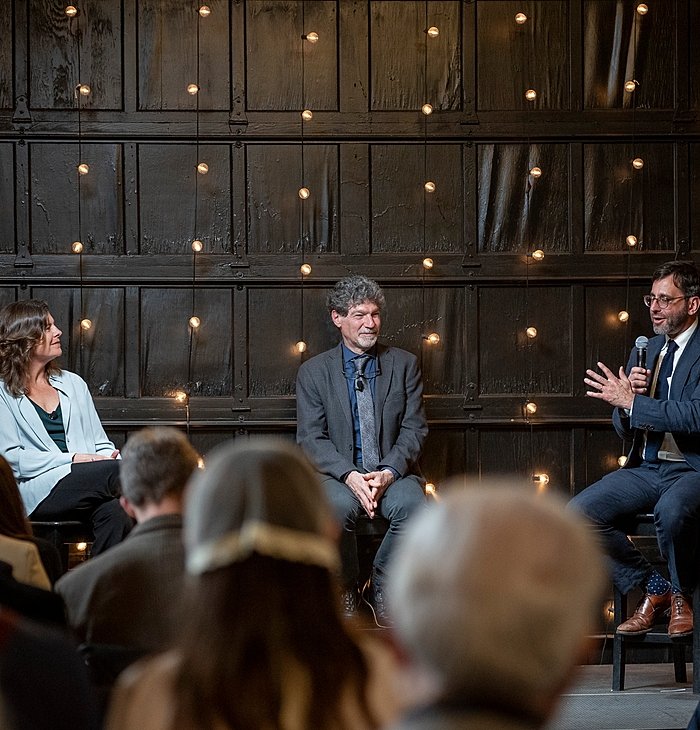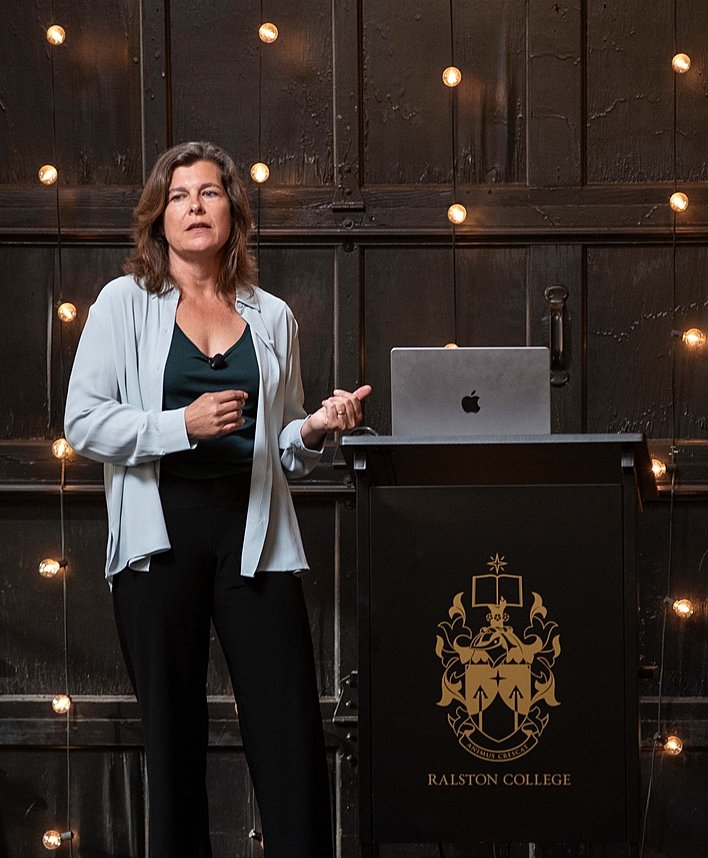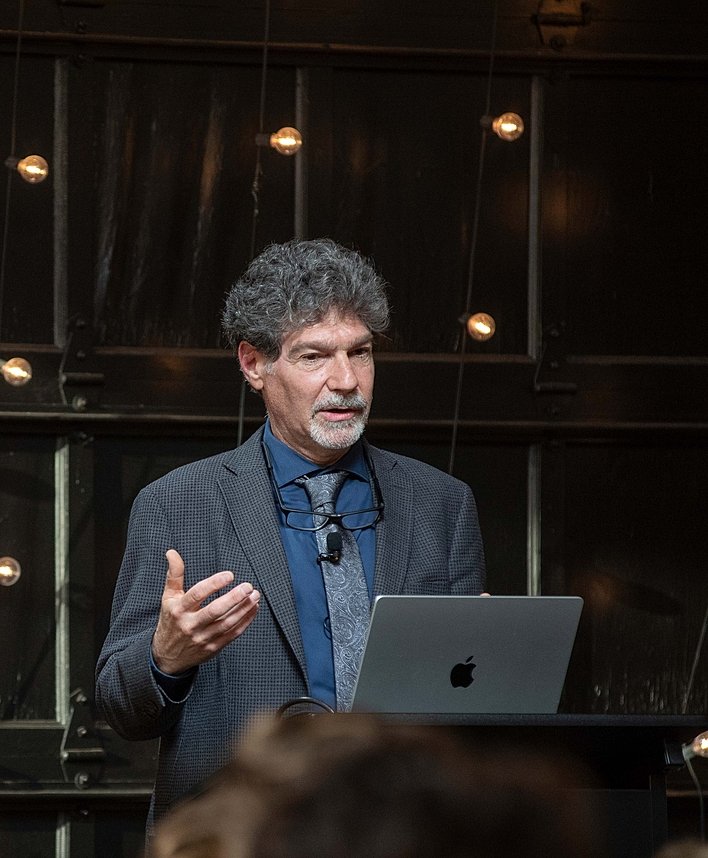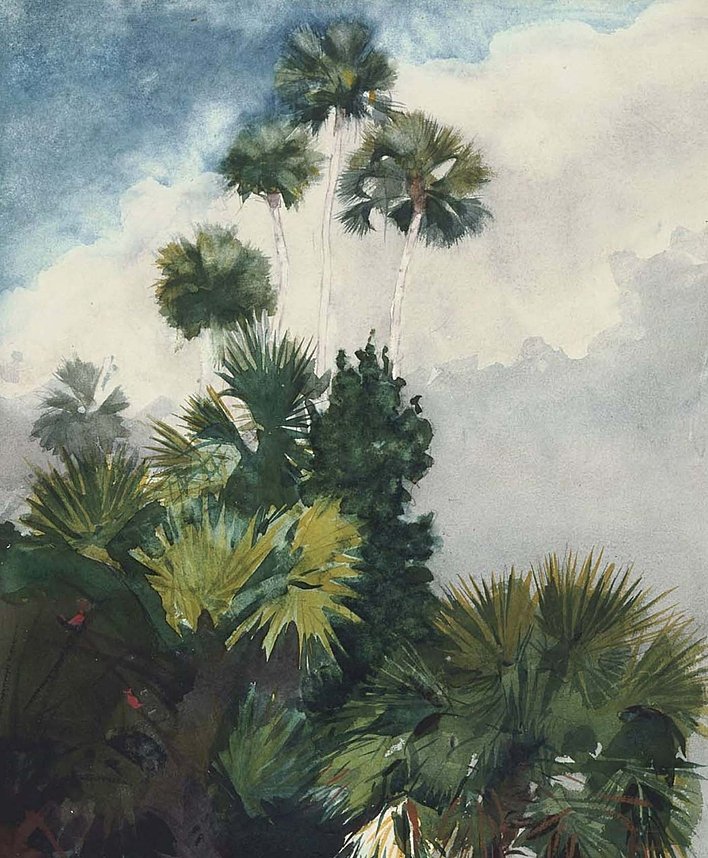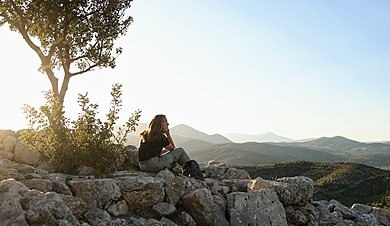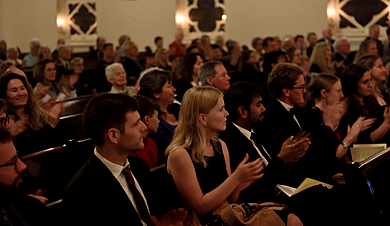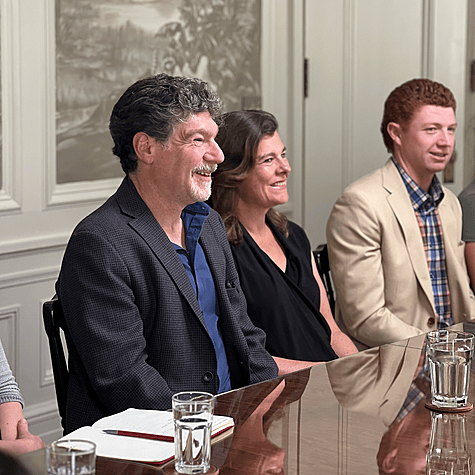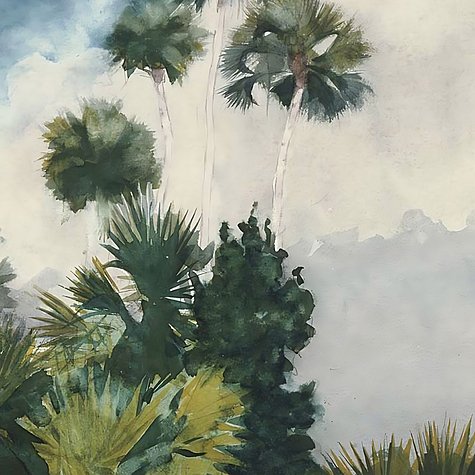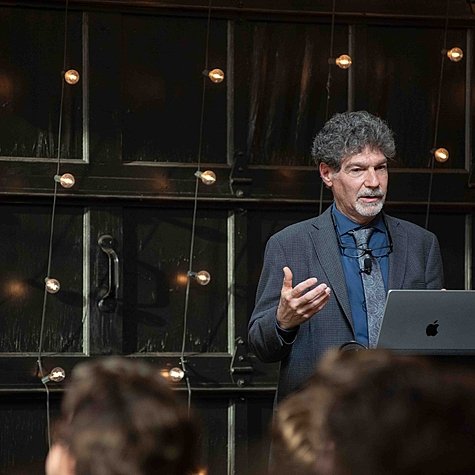The 2025 Sophia Lectures - Tractable Miracles - were delivered by the evolutionary biologists of the DarkHorse Podcast, Dr Bret Weinstein and Dr Heather Heying.
Biology is the study of organic nature: our cells and our selves, our emotions and our ecosystems. In seeking to understand these fundamental realities, we can discover how abstractions, too — thought and creativity, love and justice — are the products of evolution.
Unlike the laws of physics and mathematics, which exist independently of life, everything organic is a product of evolution. Although it is not sentient, evolution creates sentience. Evolution produces forward thinking and imaginative creatures – the very things that it itself cannot be. Do we create the idea of love? We do not, as other mammals also experience love, in its earliest form — a mother’s love for her child. From there, love blossoms, expands, into romantic love, greater familial love, love between friends, and then into yet further abstractions — love of country, for instance. Of all the things that human cherish—love and justice, creativity and loyalty—are any unique to us?
Loyalty emerges from ancient realities far older than humans: all of Earth’s social, long-lived organisms with long childhoods and generational overlap show loyalty to tribe; they just don’t have language for it. And so, if loyalty isn’t a human creation, is it a creation at all? It may instead be seen as a product of evolution — something that we can discover, and create in various forms, but that pre-dates us, and so is not solely ours.
Using an evolutionary lens to interpret and make sense of our natural world, we can begin to understand who we are. Some things appear to be miraculous, but science has uncovered beautiful and true explanations for what is observed. Other things appear to be miraculous, and we have intimations of where an explanation might lie, but we do not yet know. Indeed, we may never know: some things may prove to be unknowable. In looking to science to understand our nature, we can deepen our sense of awe at all that we are.
Bret Weinstein and Heather Heying are evolutionary biologists, authors, and co-hosts of the DarkHorse Podcast, where they engage in in-depth discussions on science, culture, and society.
Both earned their Ph.D.s in Biology from the University of Michigan, with Weinstein focusing on evolutionary trade-offs and Heying specializing in the evolutionary ecology of Madagascan poison frogs. Together, they co-authored the New York Times bestseller A Hunter-Gatherer’s Guide to the 21st Century, applying evolutionary principles to modern life. Weinstein has testified before the U.S. Congress on issues related to biology and societal challenges, while Heying has published widely on evolutionary biology, including her book Antipode: Seasons with the Extraordinary Wildlife and Culture of Madagascar. As public intellectuals, they continue to explore the intersection of science, philosophy, and current events through their podcast and writing.
